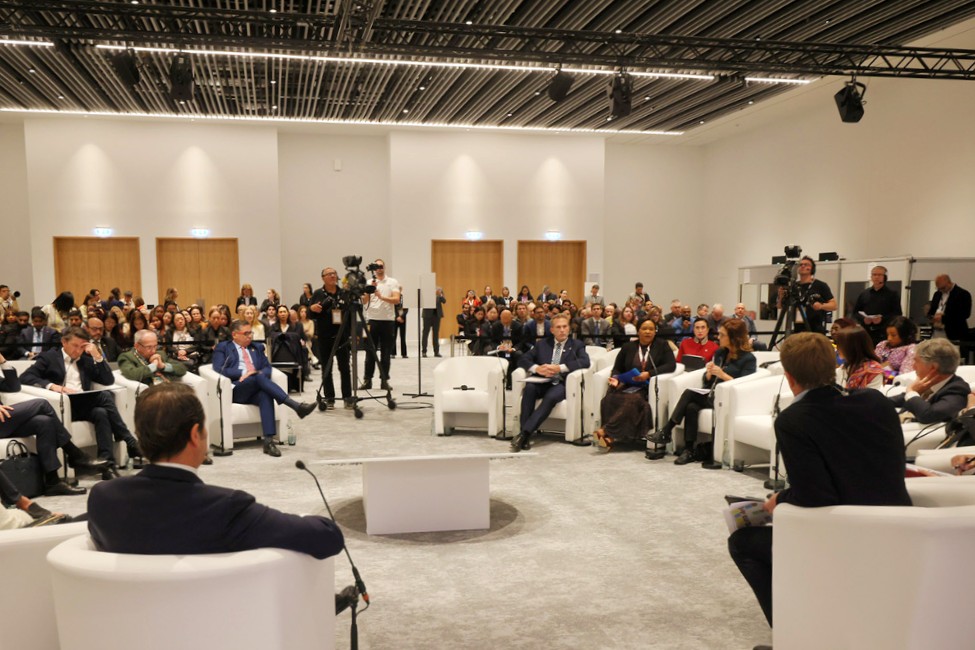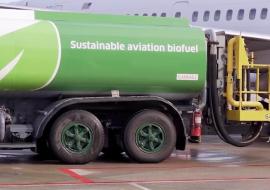WTM London 2025: Ministers Highlight Investment, Education as Drivers of Tourism’s Global Growth

Government leaders gathered at WTM London 2025 emphasized that strategic investment, stronger public–private collaboration, and improved education and skills development are key to unlocking the full potential of the global travel and tourism industry. The discussions took place during the 19th edition of the WTM Ministers’ Summit, held in partnership with UN Tourism and the World Travel & Tourism Council (WTTC).
During the summit, ministers showcased how destinations are rethinking traditional investment frameworks. Many countries are adopting tax incentives, opening special economic zones, and inviting greater participation from the private sector to accelerate tourism development. Leaders highlighted that smarter investment models not only stimulate growth, but also distribute tourism benefits more equitably among local communities.
Representing the Philippines, Tourism Secretary Christina Frasco shared that the country is offering fiscal incentives and establishing new tourism-centered economic zones focused on sustainability, green innovation, and job creation. She also underlined the government's plan to privatize airports to accelerate infrastructure upgrades and encourage private-sector leadership in improving air connectivity.
Kenya’s Cabinet Secretary Rebecca Miano explained that Kenya is applying similar strategies, using incentives designed to attract investors to its 500-kilometer coastline, with the aim of expanding resort areas and enhancing the visitor experience. Improving air connectivity remains a priority, with efforts underway to attract more airlines and new routes to the destination.
Other countries are also using tax incentives to boost visitation. Ecuador is encouraging tourism investors committed to rural development and indigenous partnerships, while allowing private-sector participation in the management of conservation areas near the Galápagos Islands. Costa Rica, meanwhile, is working to reverse a drop in U.S. visitors by investing in new European marketing campaigns and securing additional direct flights from the continent.
Airport development emerged as a recurring theme in strengthening tourism competitiveness. Lebanon announced plans to open a new airport in the north of the country to incentivize low-cost carriers, while also modernizing Beirut International Airport through private investment. To improve service standards, Lebanon is retraining government employees and preparing for a major influx of visitors during the Pope’s scheduled visit this month.
Beyond infrastructure, ministers stressed that education, training, and digital literacy are essential for building a future-ready tourism workforce. WTTC CEO Gloria Guevara urged governments to promote tourism careers by emphasizing benefits such as professional mobility and earning potential, while UK Tourism Minister Stephanie Peacock highlighted efforts to expand education pathways that match the evolving needs of tourism-related businesses. Speakers also noted the growing importance of professionals skilled in data analytics, with UN Tourism’s Antonio López de Ávila adding that the industry must improve not only data collection, but its ability to turn insights into action.
Chris Carter-Chapman of WTM London closed the summit by noting that investment and capacity-building remain essential to maximizing long-term results. “We covered investment in airports, incentives, and tax breaks, and the long-term value of putting money into training, education and reskilling,” he said. “We now look ahead to 2026, the 20th anniversary of the Ministers’ Summit, to continue shaping tourism’s future.”














